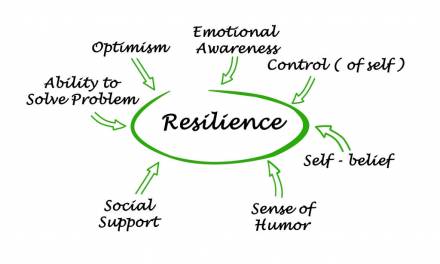School refusal can manifest in many forms, and for many different reasons. It is usually expressed as severe emotional distress at the prospect of attending school, caused by a number of different issues or conditions. It may be a short-term issue caused by a specific incident, or it could be a long-term problem that occurs continually or intermittently.
From incidents of bullying or other social problems to anxiety, school phobia, issues with separation from parents, unidentified special education or mental health needs and more, no case of school refusal is the same, there are endless reasons behind the problem, and identifying those is crucial in developing an appropriate response early on.
Because there are so many variables, ongoing monitoring is crucial in understanding the issue for each individual, not least because school refusal can become an entrenched behaviour that creates a self-fulfilling cycle; the child refuses school because that is what they have been doing.
Monitoring involves everyone
With so many things that could trigger school refusal, in some cases it could be as simple as falling out with a friend, in others much more complex psychological issues, it requires all stakeholders to take action in terms of monitoring students exhibiting such behaviour.
For parents, early symptoms of this can include:
- Anger and threatening behaviour when it’s time to leave for school
- Self-harm to provide a reason to stay at home
- Constant complaints of being unwell
- Late arrival at school despite leaving home on time
- Distress when at school
- Repeated absence
Teachers and other educational professionals may see behavioural changes indicating problems too, including:
- Refusal to work in class
- Frequent complaints of illness to avoid classes
- Finding ways to avoid class generally, or often very specific classes
Working together at schools
Education professionals have a crucial role to play in both identifying the potential problems early, but also in helping families through the issues. In many situations, parents often feel like they have failed, and are the reason why the issue is happening. Not only that, but the practicalities of a child not going to school, disrupting work schedules, causing further issues with siblings and so on, all put pressure on parents.
They will need reassurance and support, and part of that should come from the education professionals. Monitoring and solving school refusal issues is a collaborative process involving parents, education teams and in some cases, child and adolescent mental health services (CAMHS).
Conclusion
Perhaps the most important step in dealing with school refusal is the early identification of the problem. Monitoring and a collaborative approach can identify the issues causing the behaviour, and do so before refusal becomes entrenched behaviour in itself.
While a student not wanting to go to school once is not necessarily a sign of an issue, when it becomes a regular occurrence, parents should talk to their school about concerns, rather than be tempted to put things off. By working together, resolutions to an issue can be found quickly, and appropriate action taken.
If you would like to find out about a platform that can effectively monitor school refusers and help positively reintegrate them then call the EDClass team on 01909 568 338, send an email to mail@edclass.com or directly book a free online demonstration here.










